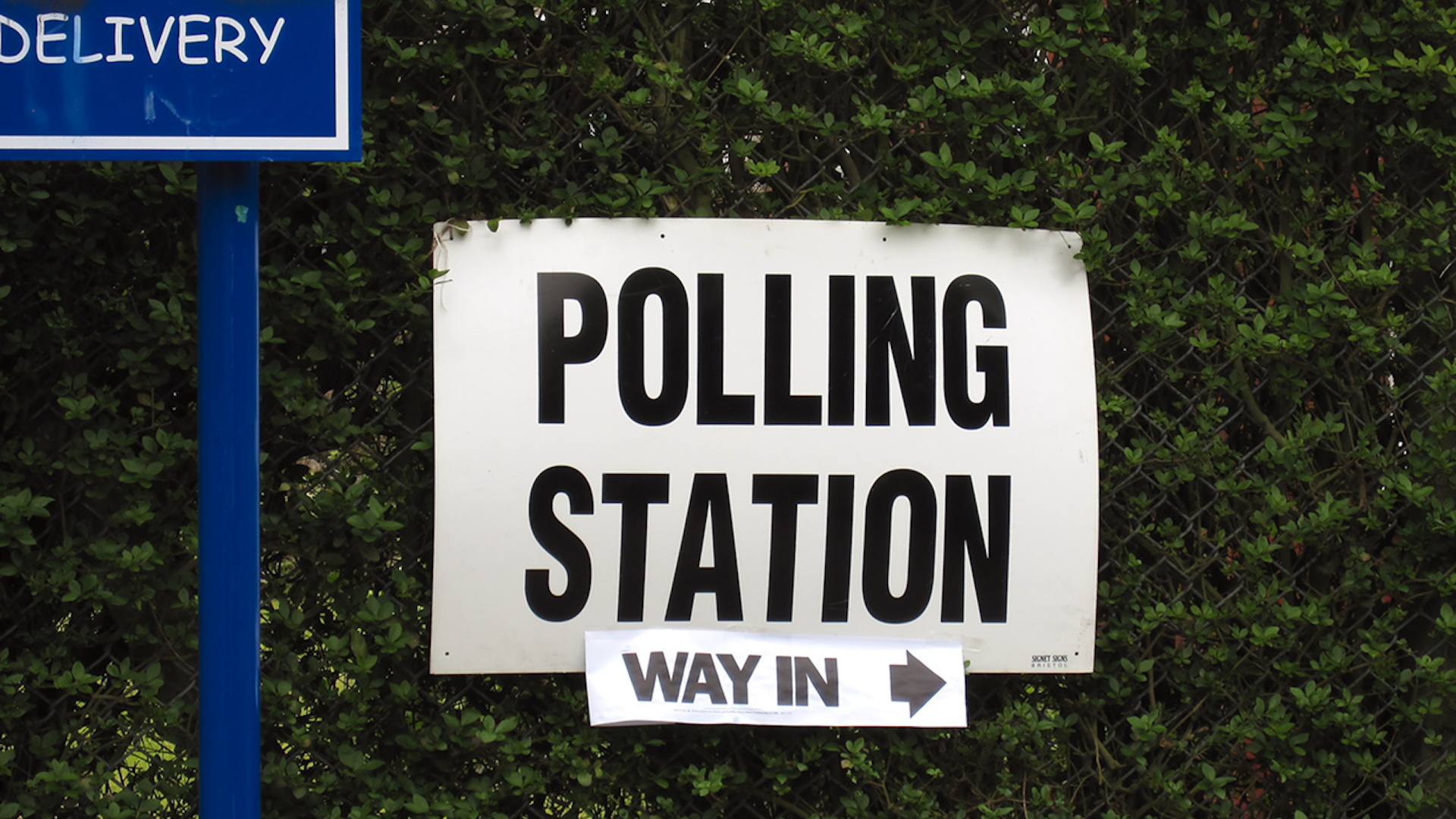Voter ID rules are blocking people from casting their ballot at today’s local elections – including a Tory MP who backed tightening the requirements.
Today (2 May) is a big day for democracy. Voters are going to the polls in 107 local authorities across England – while London, Manchester and eight other cities will decide who they want to be mayor.
But not everyone has been able to cast a vote.
Under rules introduced last year, voters across the UK are required to show photographic identification before being given their ballot paper – and the Electoral Reform Society (ERS) has already fielded complaints from voters who have been knocked back.
- ‘Democracy is stronger when more people take part’: Voter ID may stop millions from voting in 2024
- Everyone has a right to vote – including homeless people. Here’s how you can take part
“Voting is a fundamental democratic right. One voter denied their right to vote is one too many, and we’re already seeing multiple reports of people being turned away from voting today,” said Willie Sullivan, ERS director of campaigns.
“We won’t know the full impact of voter ID at this set of elections until the Electoral Commission’s impact report in autumn. Turning willing voters away from polling stations hurts our democracy. Voter ID should be scrapped or changed to include types of ID that everyone has.”









